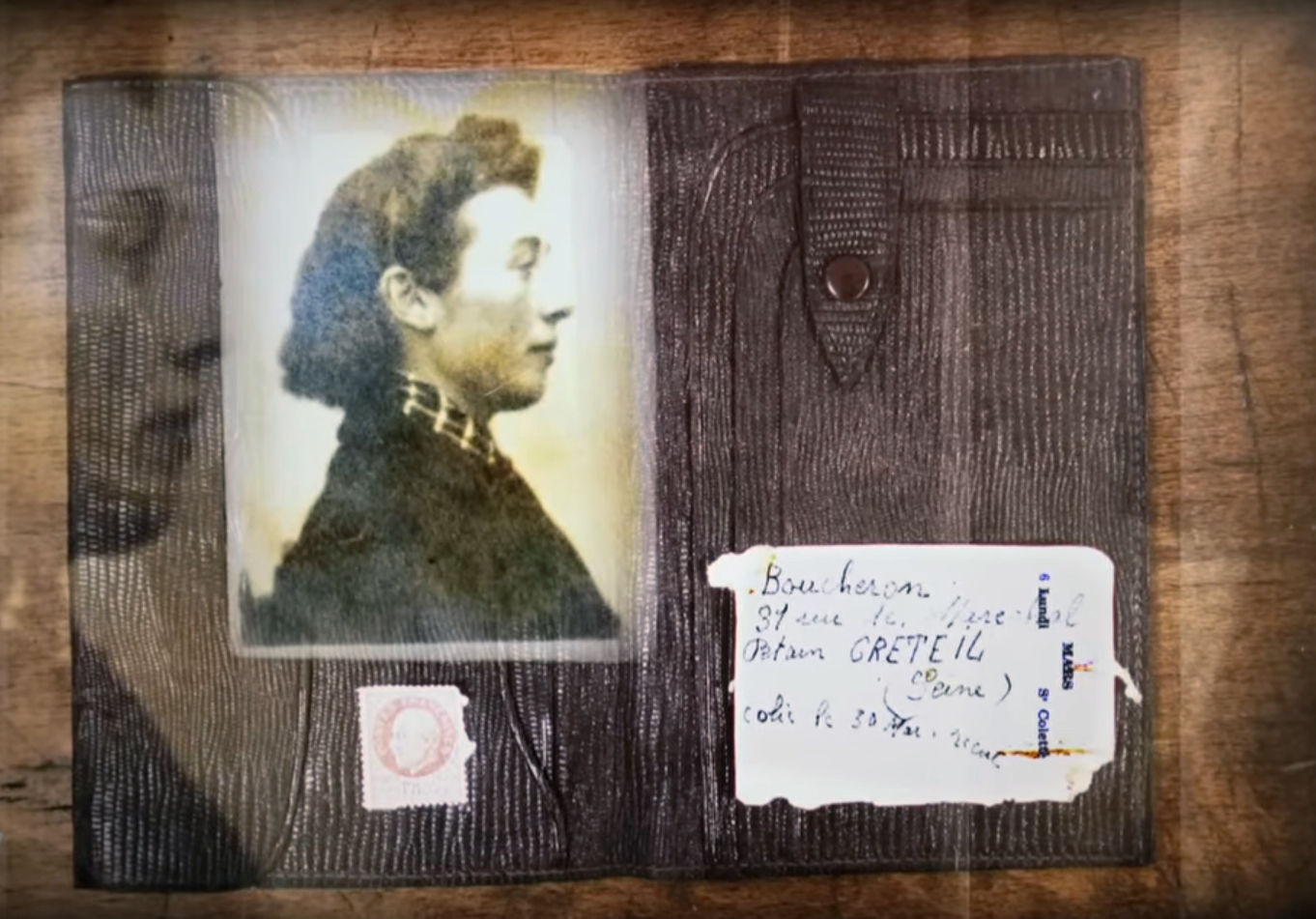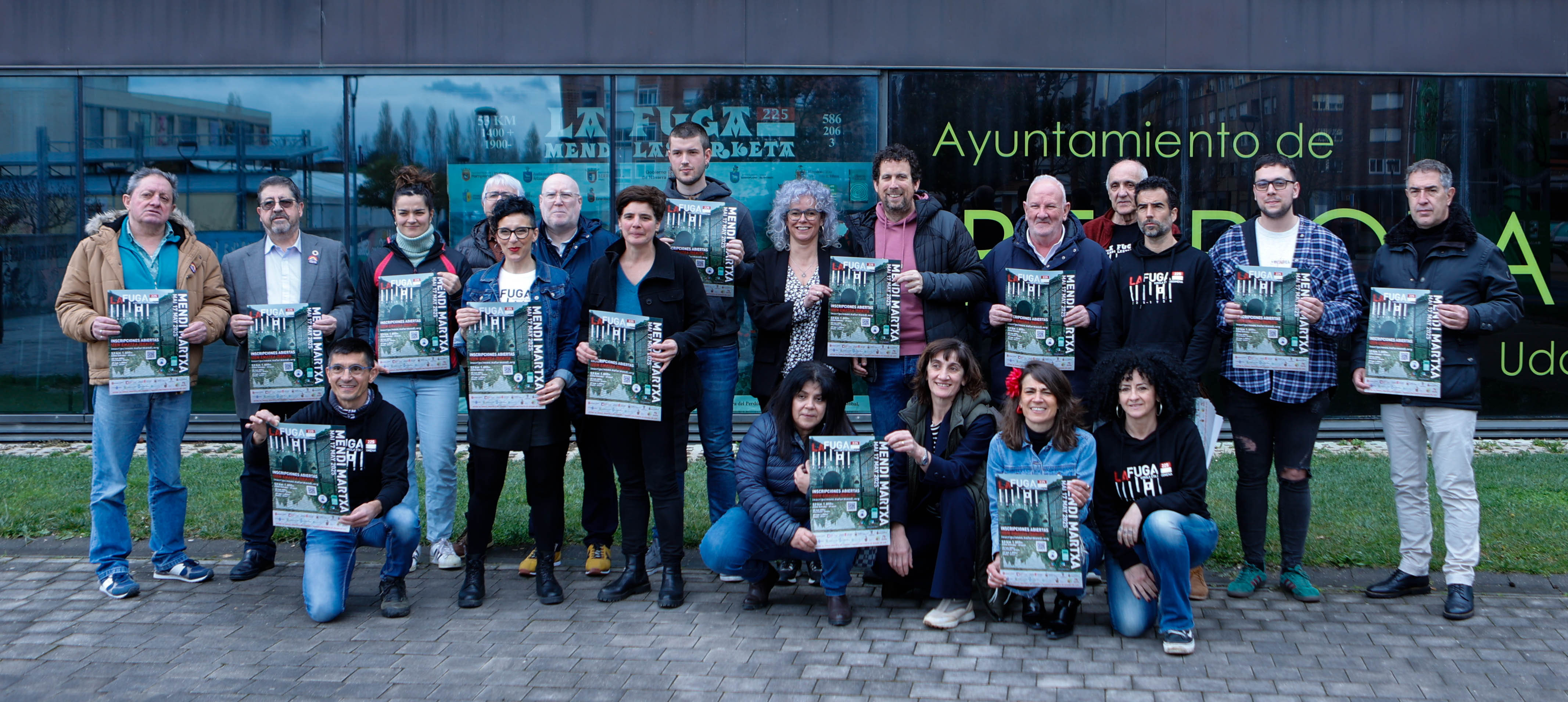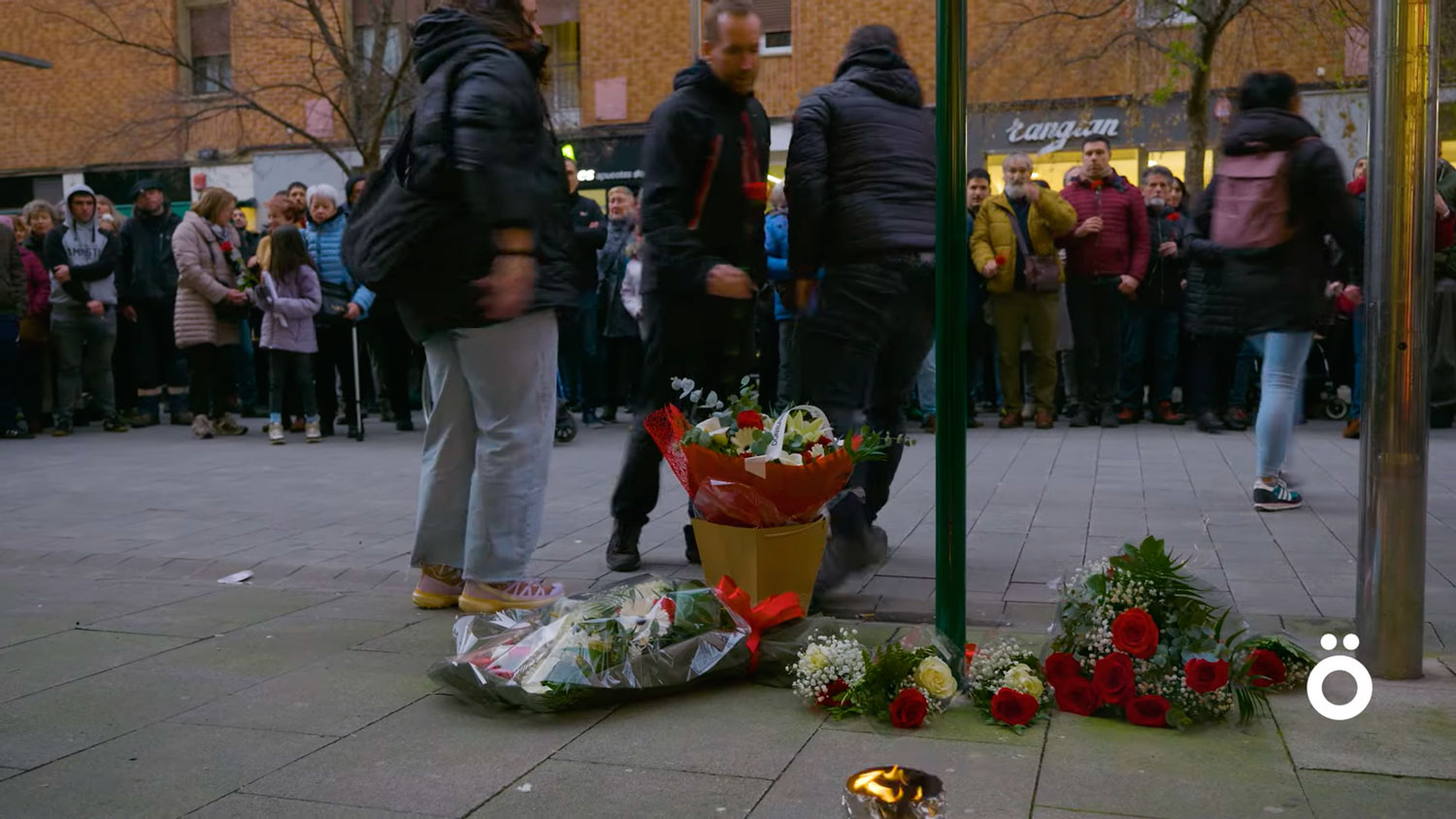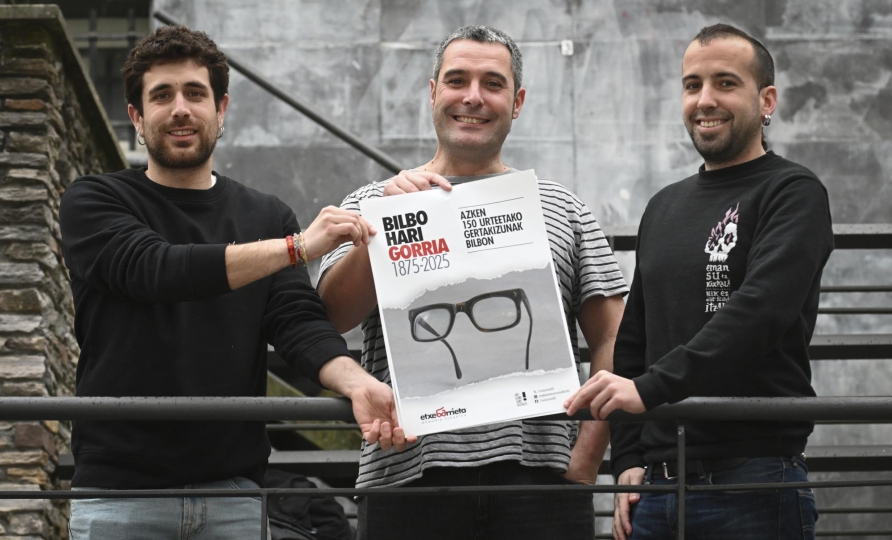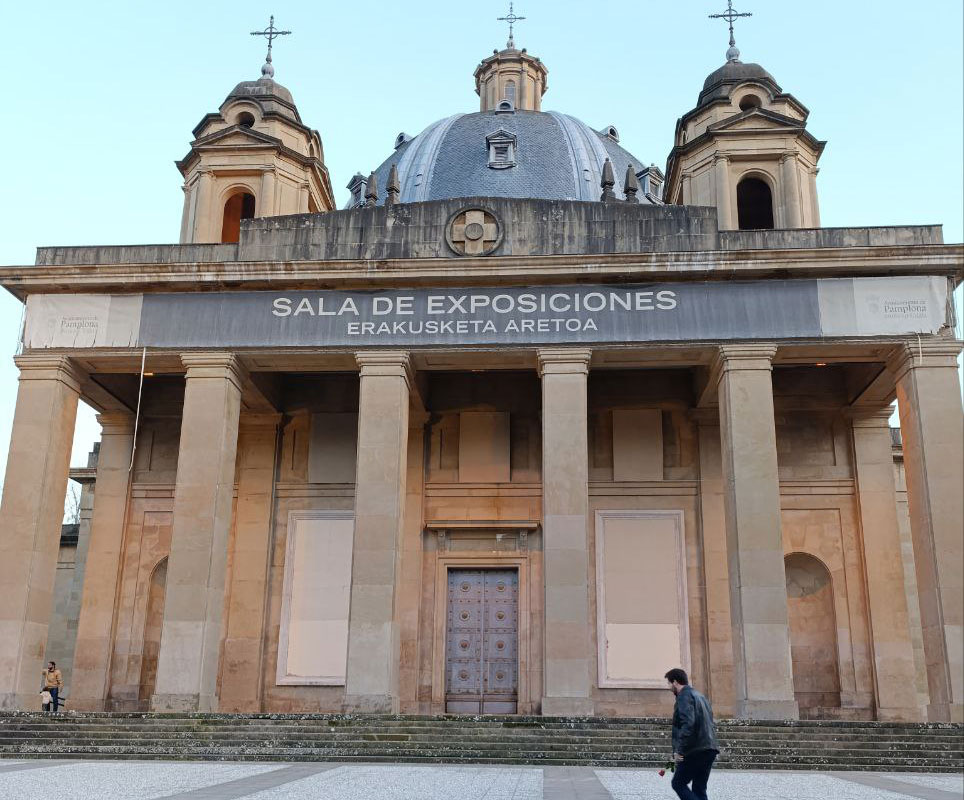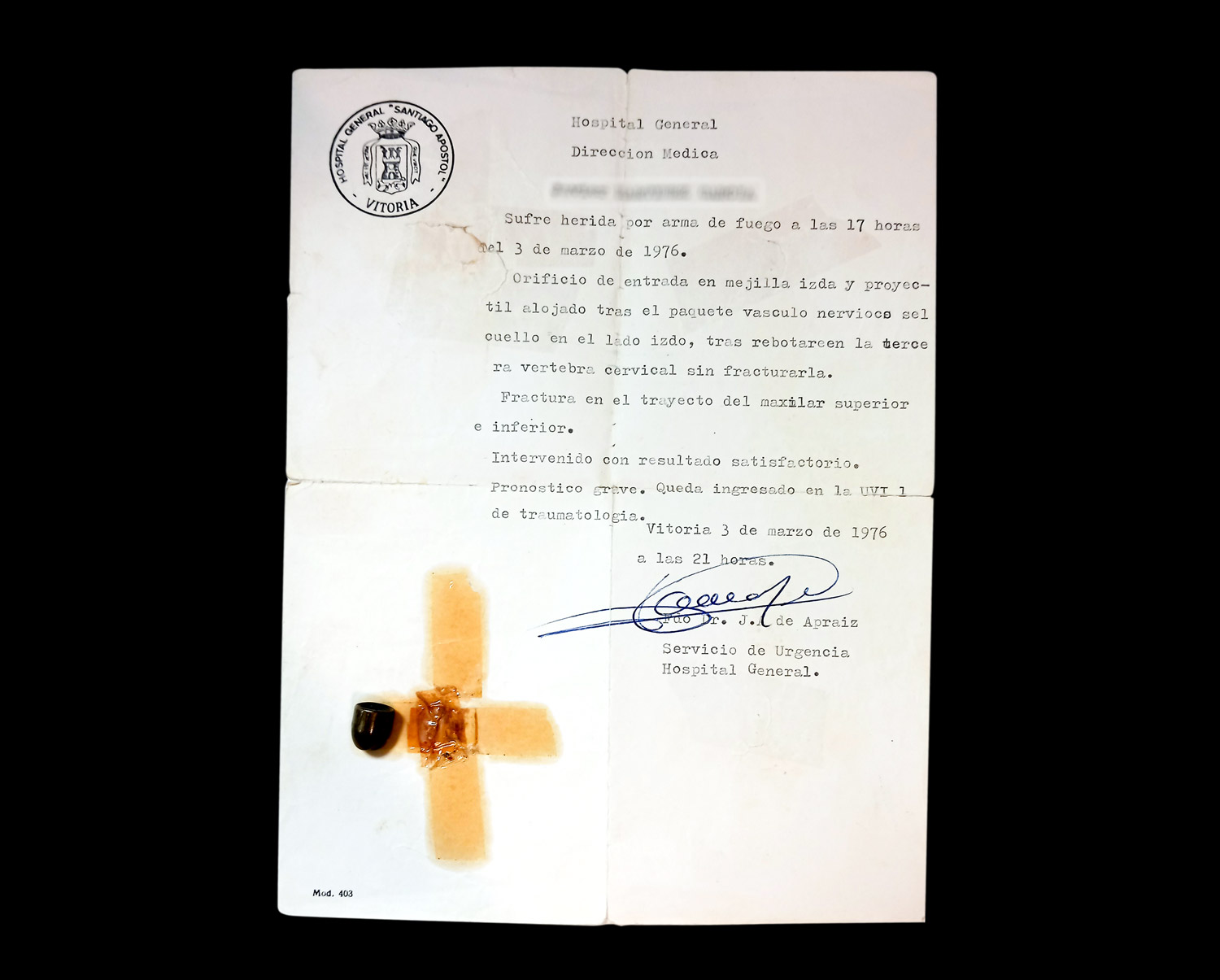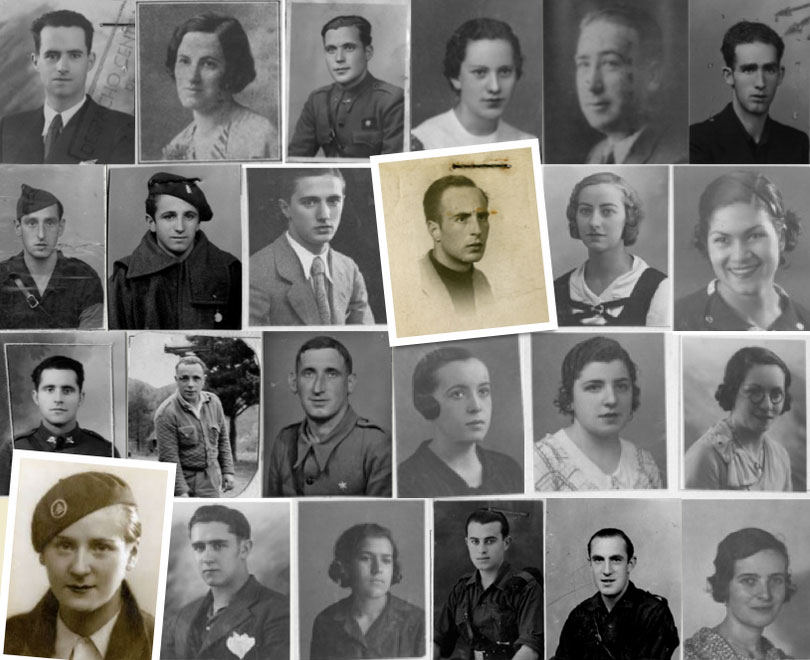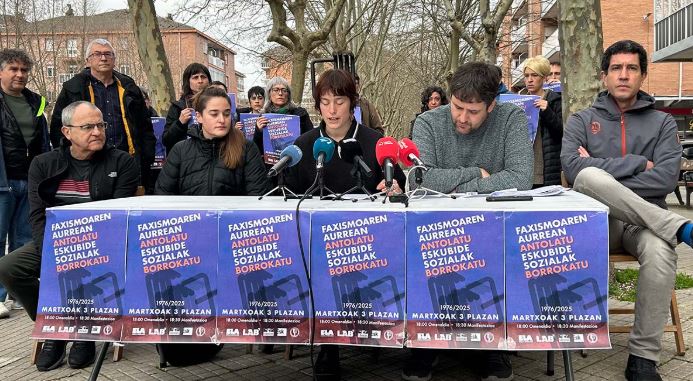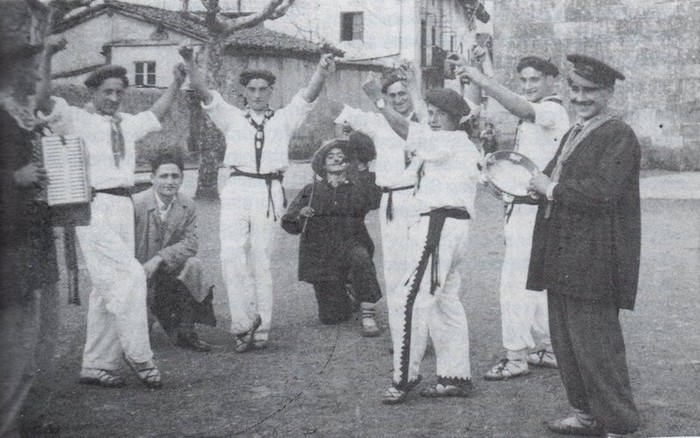Remember life
- In 1944, under the command of Stauffenberg, Hitler tried to kill him with a bomb in an action prepared between German soldiers and citizens. In the following months, the Nazis executed more than 90 people because of this action.

80 years later, the German Government paid tribute to the resistance against the Nazi regime on the anniversary of the attack on Adolf Hitler. “The men and women who helped Wehrmacht Stauffenberg’s officer risked their lives to topple Hitler’s regime,” said Federal Chancellor Olaf Scholz. “Their sacrifice always forces us to defend democracy.” “The assassination attempt failed, but it has great moral value in itself,” added Defense Minister Lambrecht. “Consciousness must have priority over obedience,” he concluded.
In some countries they remember their fellow countrymen killed in the armed resistance against Franco or the Nazis, the volunteers who joined the fight and died in the International Brigades or those who entered the Gernika Battalion in Paris, those who engaged in espionage, etc. More than the day they died, they remember why, motivation, who they were, their dreams.
There are many open wounds, lack of recognition, revictimization, impunity for police forces. Perhaps a change of perspective would be desirable around the memory of all those killed by the armed conflict, more linked to life than to death. It is recalled that the victim, the deceased, had been a living person on the date of his or her birth or on another significant date.
We know when they were killed, but do we know who they were and what their contributions to society were? Remembering the day of your birth can be more positive to keep everyone’s memory. Celebrating your life, rather than focusing only on the time of death, can provide a constructive vision, highlighting the value of your existence and what you gave in life.
For families, remembering the deceased's birthday can be a smoother way to process pain. It can give them the opportunity to talk about positive moments, focusing on the memory of the benefits of each person.

Kirola eta oroimena uztartuko dituzte, bigarrenez, mendi-martxa baten bitartez. Ez da lehiakorra izanen, helburua beste bat delako. La Fuga izeneko mendi martxak 1938ko sarraskia gogorarazi nahi du. Ezkabako gotorlekuan hasi eta Urepelen amaituko da. Maiatzaren 17an eginen dute.
Fusilamenduak, elektrodoak eta poltsa, hobi komunak, kolpismoa, jazarpena, drogak, Galindo, umiliazioak, gerra zikina, Intxaurrondo, narkotrafikoa, estoldak, hizkuntza inposaketa, Altsasu, inpunitatea… Guardia Zibilaren lorratza iluna da Euskal Herrian, baita Espainiako... [+]
Gogora Institutuak 1936ko Gerrako biktimen inguruan egindako txostenean "erreketeak, falangistak, Kondor Legioko hegazkinlari alemaniar naziak eta faxista italiarrak" ageri direla salatu du Intxorta 1937 elkarteak, eta izen horiek kentzeko eskatu du. Maria Jesus San Jose... [+]
Familiak eskatu bezala, aurten Angel oroitzeko ekitaldia lore-eskaintza txiki bat izan da, Martin Azpilikueta kalean oroitarazten duen plakaren ondoan. 21 urte geroago, Angel jada biktima-estatus ofizialarekin gogoratzen dute.
Bilbo Hari Gorria dinamikarekin ekarriko ditu gurera azken 150 urteetako Bilboko efemerideak Etxebarrieta Memoria Elkarteak. Iker Egiraun kideak xehetasunak eskaini dizkigu.
33/2013 Foru Legeari Xedapen gehigarri bat gehitu zaio datozen aldaketak gauzatu ahal izateko, eta horren bidez ahalbidetzen da “erregimen frankistaren garaipenaren gorespenezkoak gertatzen diren zati sinbolikoak erretiratzea eta kupularen barnealdeko margolanak... [+]
1976ko martxoaren 3an, Gasteizen, Poliziak ehunka tiro egin zituen asanbladan bildutako jendetzaren aurka, zabalduz eta erradikalizatuz zihoan greba mugimendua odoletan ito nahian. Bost langile hil zituzten, baina “egun hartan hildakoak gehiago ez izatea ia miraria... [+]
Memoria eta Bizikidetzako, Kanpo Ekintzako eta Euskarako Departamentuko Memoriaren Nafarroako Institutuak "Maistrak eta maisu errepresaliatuak Nafarroan (1936-1976)" hezkuntza-webgunea aurkeztu du.









